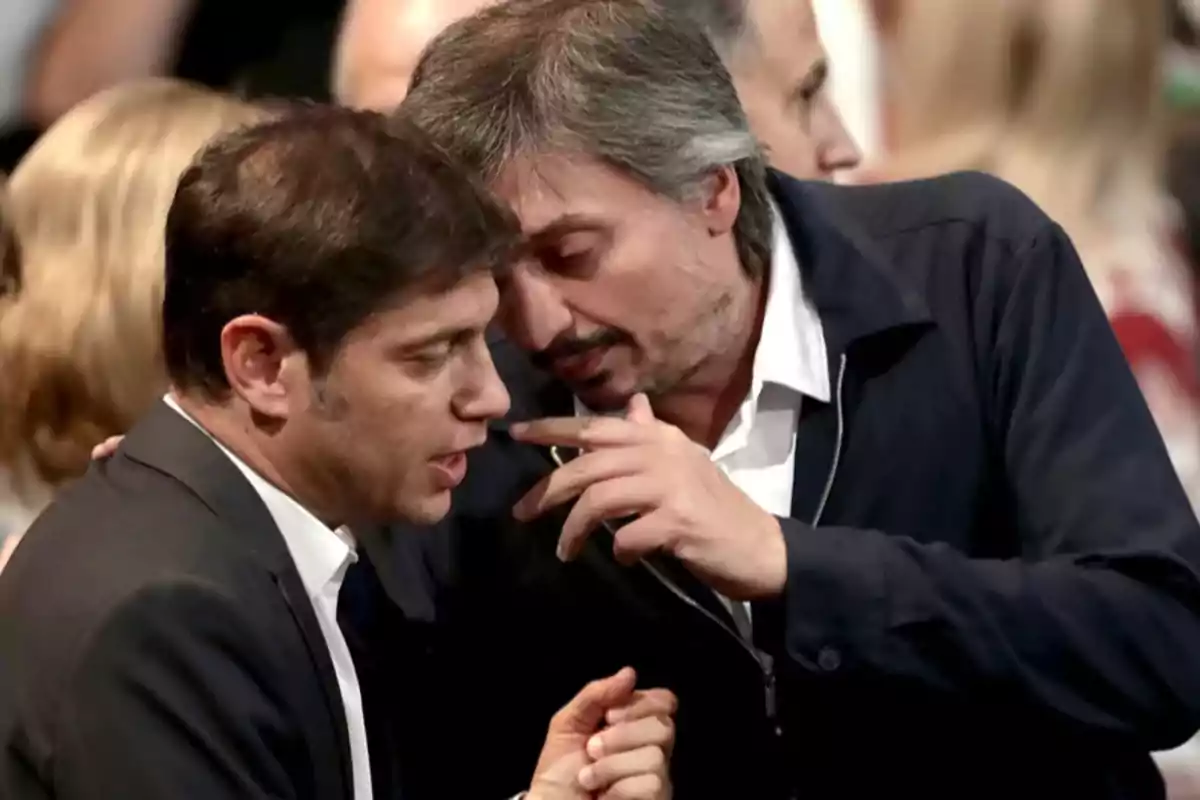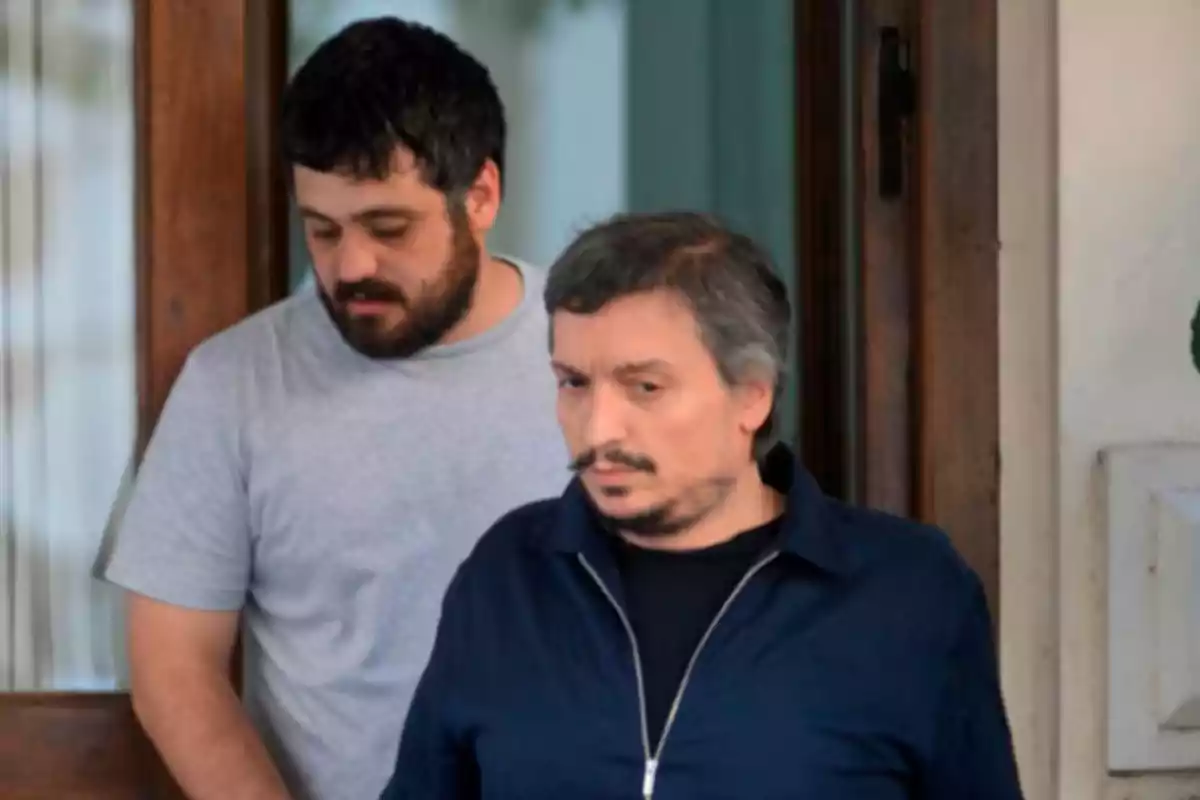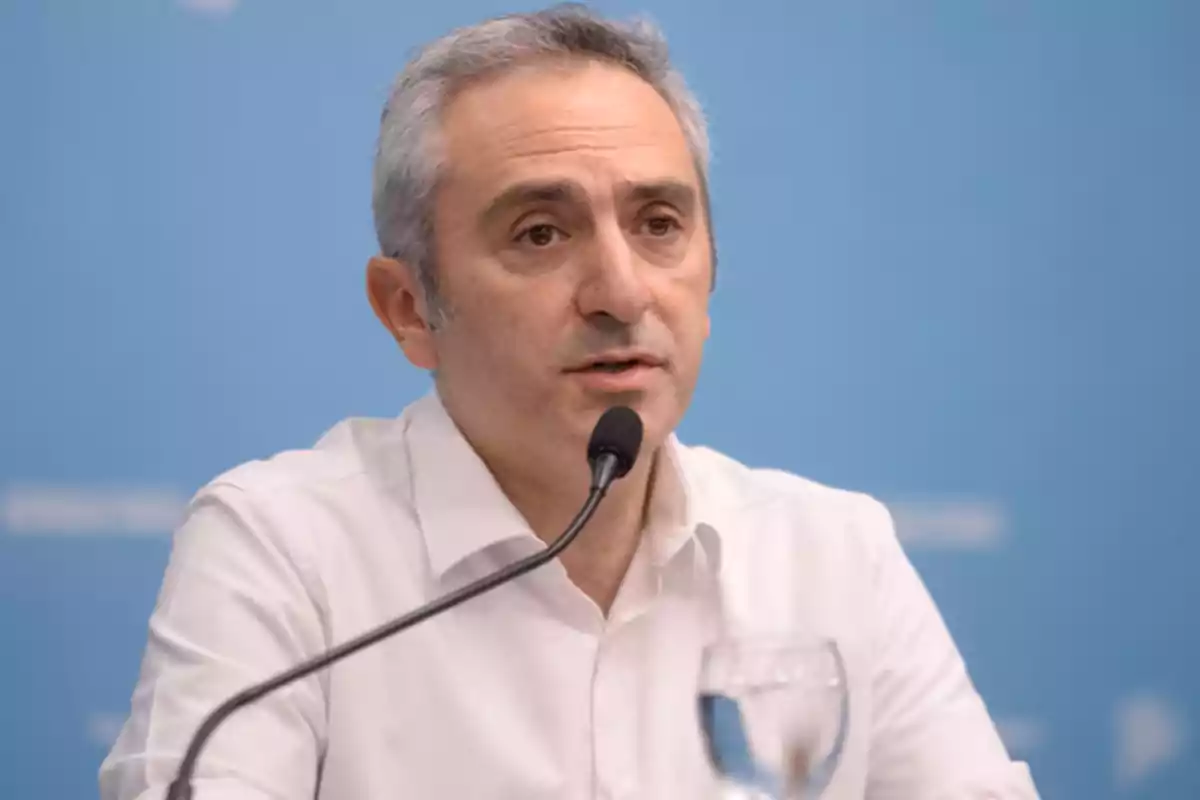
Axel Kicillof vs La Cámpora: corrupt Peronism on the verge of definitive rupture
La Cámpora accuses Kicillof of operating against Máximo Kirchner; Peronism is wearing out and the narrative is crumbling
The Buenos Aires Peronism is experiencing a moment of maximum tension. Far from representing a homogeneous force, the space is going through a process of internal fragmentation that jeopardizes its continuity as a power option. At the center of the conflict are Axel Kicillof and La Cámpora, a group led by Máximo Kirchner, son of former president Cristina Fernández de Kirchner. The dispute, which is no longer hidden, escalated in recent hours with cross accusations, incendiary statements, and an open attempt to blame the other for a possible rupture of the space.
From La Cámpora, they accuse Governor Kicillof of being behind the harsh criticisms that Andrés "Cuervo" Larroque—Buenos Aires development minister and leader aligned with the governor—launched against Máximo Kirchner and his entourage. "Axel sends 'Cuervo' to speak with the aim of provoking and breaking. It cost us a lot to win the province. We are not going to gamble away unity," warned an important La Cámpora leader, visibly upset by the provincial government's offensive.

The controversy erupted after Larroque directly accused La Cámpora of "extorting" the governor by refusing to support a modification of the electoral calendar deadlines in the Legislature. "They subordinate the normal functioning of the institutions and the province's democracy to extortion based on a negotiation of power spaces," he shot without hesitation. He also labeled the group surrounding Máximo as "a group of irresponsible people" and, by name, targeted Mayra Mendoza (mayor of Quilmes), Facundo Tignanelli (president of the Buenos Aires Deputies bloc), Emmanuel González Santalla (provincial senator), and Martín Rodríguez (deputy).
"We are discussing Máximo's little band, not even all of La Cámpora," declared Larroque in a phrase that caused anger in the K organization, which replied defensively: "What they are doing is provoking a sector of Peronism to generate a rupture. They carry out a victimization strategy and want us to fall into the trap. We are not going to do it."
Máximo Kirchner's closest circle directly blamed Kicillof, not only for allowing his minister to attack them but for devising the content of his messages. "There are no lone wolves here," they hinted conspiratorially. La Cámpora, often a victim of its own cynicism, now calls for fair play and accuses Larroque of stigmatizing them. "He is using terms like 'little band' and 'extortion,' knowing that he himself was stigmatized at the time," they replied.
Far from lowering the tone, Larroque's entourage doubled down: "Let them take responsibility for what they are," they said. They even quoted a phrase from Juan Domingo Perón to justify their actions: "With the truth, I neither fear nor offend."
But the rift is not only discursive: it is crystallized in the lack of votes to modify the electoral calendar. In the governorship, they accuse La Cámpora of acting as an internal opposition. "Let them take responsibility for wanting to break and stop making excuses," they pointed out in Kicillof's team, who is moving further away from the hard core of Kirchnerism.

In La Cámpora's narrative, CFK would have given a signal of unity, but it was the governor who did not reciprocate. To demonstrate that they do not have a rupture vocation, La Cámpora highlights that in the deliberative councils of key districts such as La Matanza, La Plata, and Avellaneda, their representatives remained in the government, even when the local mayors respond to the Movimiento Derecho al Futuro (MDF), a structure sponsored by the governor.
"We are not the ones who want to break. In places where the blocs have indeed broken, it is where a comrade from La Cámpora governs, such as in Lanús and Quilmes," defended Facundo Tignanelli.
The scenario is even more complex in the suburbs. The breakup of blocs in districts like Quilmes and Lanús unleashed a new battle between the mayors of Mayra Mendoza and Julián Álvarez against Jorge Ferraresi, mayor of Avellaneda and a central figure in Kicillof's scheme. Ferraresi even hinted that if there is unity with Cristina and Kicillof, he is not willing to campaign for a list that includes La Cámpora members in the third electoral section. In that case, he would opt to present a short ballot.
More posts: